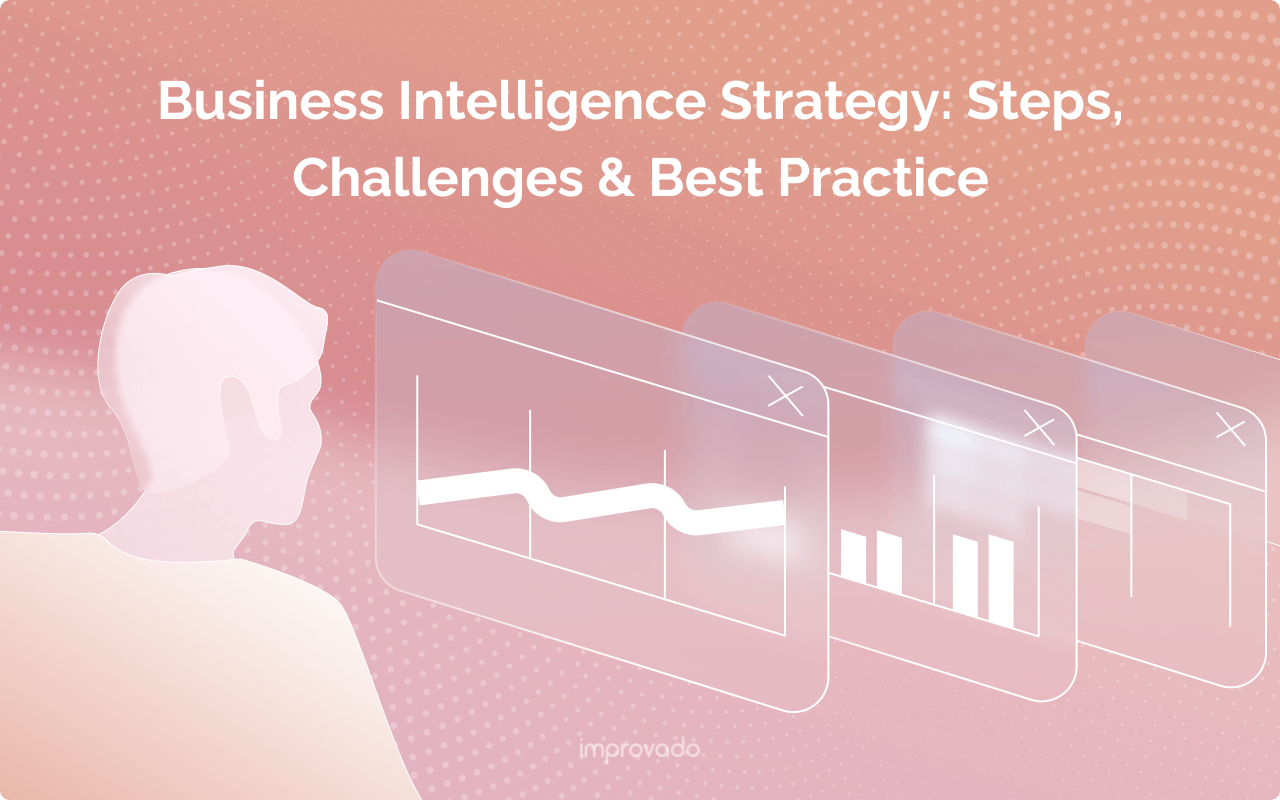
Data has become a crucial asset for making informed decisions in the modern business world. This holds true not only for large corporations but also for small businesses looking to grow and sustain their operations. Business Intelligence (BI) software helps organizations turn raw data into actionable insights, enabling them to make informed decisions and gain a competitive edge. However, implementing BI in small businesses has its own unique set of challenges.
In this blog post, we will explore the best practices for successfully implementing business intelligence in small businesses.
Define Clear Objectives:
Before diving into BI implementation, it’s crucial for small businesses to define clear objectives. What specific insights are you looking to gain? Whether it’s optimizing operations, understanding customer behavior, or improving financial performance, having well-defined goals ensures that BI efforts align with business priorities.
Start Small, Scale Wisely:
Small businesses may not have the resources for a large-scale BI implementation. Therefore, it’s advisable to start with a small, manageable project. Identify a specific business area or challenge and implement BI solutions gradually. As the organization grows and gains confidence in BI capabilities, it can then scale the implementation to cover broader aspects.
Choose the Right BI Tools:
Selecting the appropriate BI tools is critical for success. Small businesses often have budget constraints, so it’s essential to find cost-effective yet robust solutions. Cloud-based BI tools, with their scalability and pay-as-you-go models, are particularly suitable for small businesses. Popular options include Microsoft Power BI, Tableau, and Google Data Studio.
Ensure Data Quality and Integration:
The success of BI relies heavily on the quality of the data being analyzed. Small businesses should prioritize data quality and invest in tools that facilitate data integration. This includes cleaning and consolidating data from various sources to ensure accuracy and consistency. A unified and clean dataset is fundamental for reliable BI insights.
Provide Adequate Training:
Even the most powerful BI tools are ineffective without a team that knows how to use them. Providing adequate training to employees is crucial for successful BI implementation. This can include workshops, online courses, or hiring external consultants to train staff on the specific BI tools and analytics techniques being employed.
Encourage a Data-Driven Culture:
Building a data-driven culture is essential for the sustained success of BI initiatives. Encourage employees to rely on data when making decisions, and showcase success stories where data-driven insights led to positive outcomes. This cultural shift fosters a more proactive and informed approach to problem-solving within the organization.
Focus on User-Friendly Dashboards:
Small businesses often have limited resources in terms of dedicated analysts. Therefore, it’s crucial to have user-friendly dashboards that can be easily understood by non-technical users. Dashboards should present key metrics and insights in a visually appealing and intuitive manner.
Prioritize Data Security:
Data security is a concern for businesses of all sizes. Small businesses should implement robust security measures to protect sensitive information. This includes encryption, access controls, and regular audits. Choosing reputable BI vendors that prioritize security is also essential.
Regularly Review and Adapt:
The business landscape is dynamic, and so should be the BI strategy. Regularly review the effectiveness of BI implementation, gather feedback from users, and adapt the strategy based on evolving business needs. This continuous improvement cycle ensures that BI remains aligned with the organization’s goals.
Measure ROI:
To justify the investment in BI, small businesses should establish key performance indicators (KPIs) and regularly measure the return on investment (ROI). This involves tracking improvements in operational efficiency, cost reductions, revenue growth, or any other specific goals set during the initial planning phase.
Conclusion:
Successfully implementing business intelligence in small businesses requires a strategic and phased approach. By defining clear objectives, choosing the right tools, focusing on data quality, fostering a data-driven culture, and continually adapting to changing business needs, small businesses can unlock the full potential of BI. As the organization grows, the insights gained from BI will play a pivotal role in driving informed decision-making and achieving long-term success.







